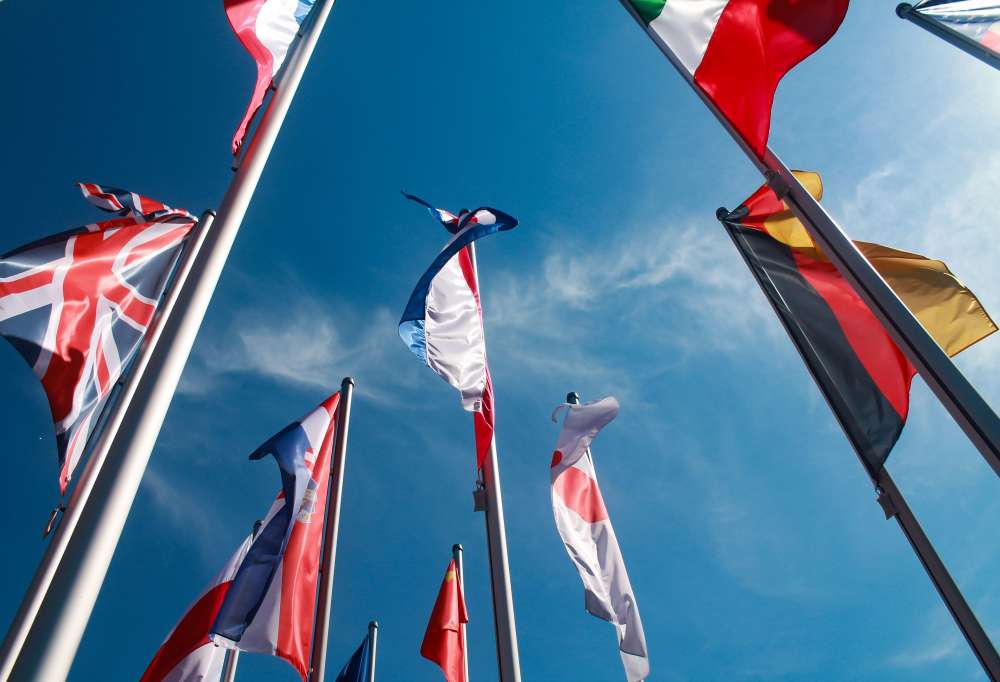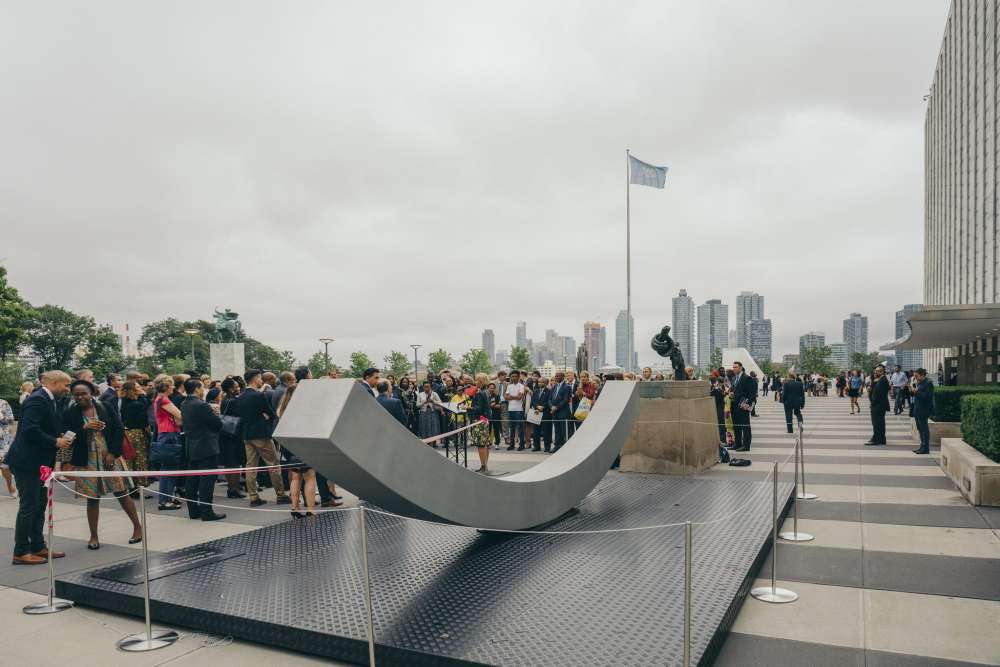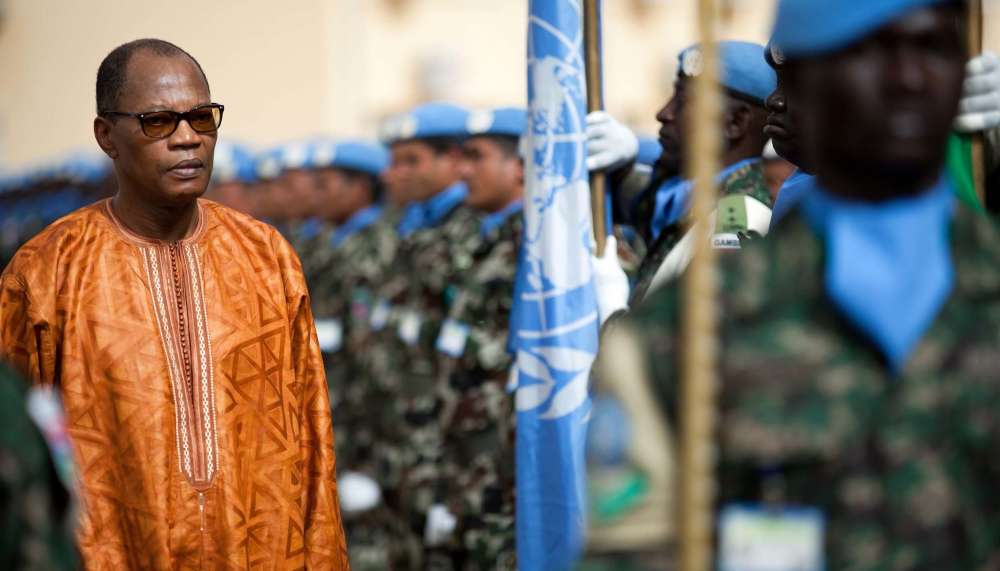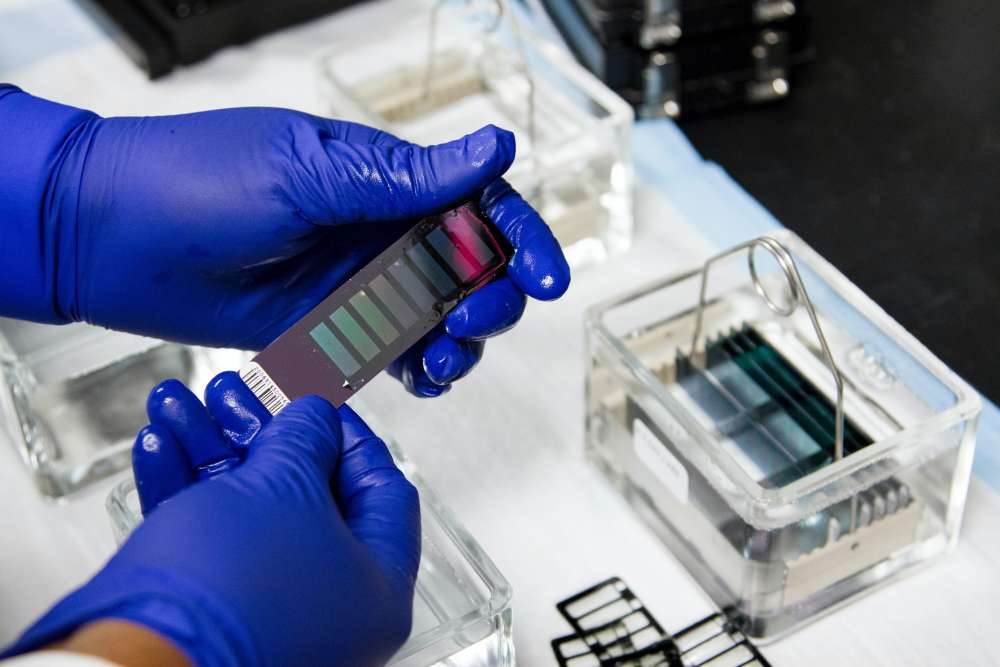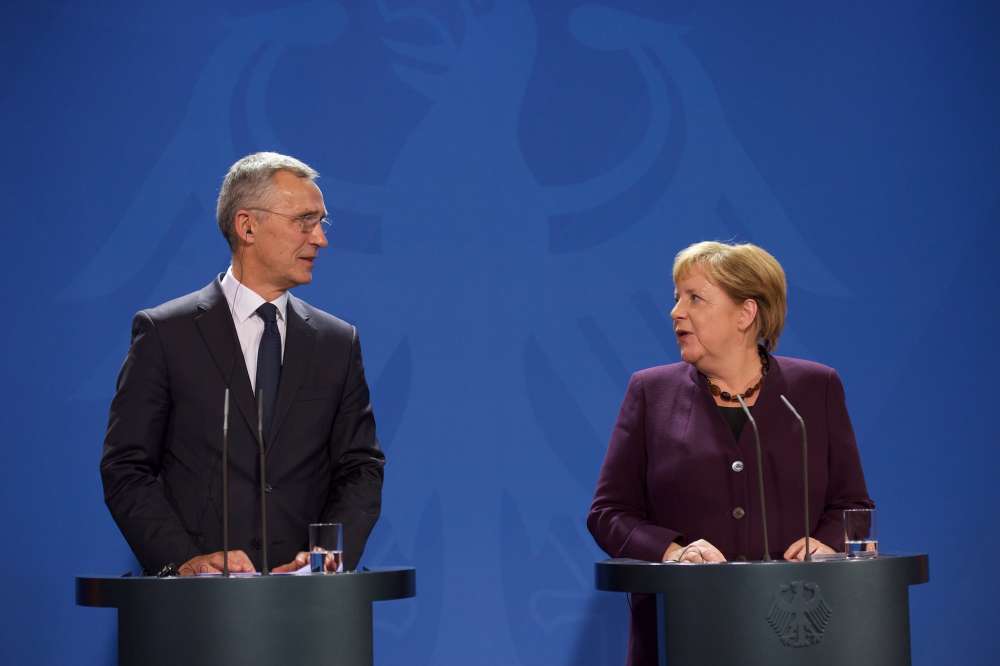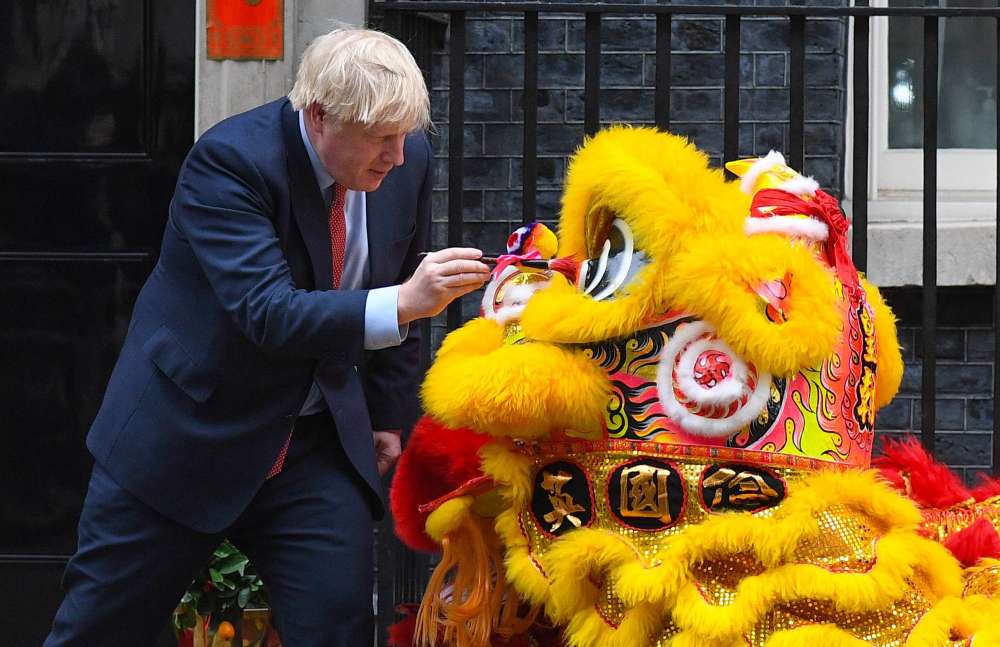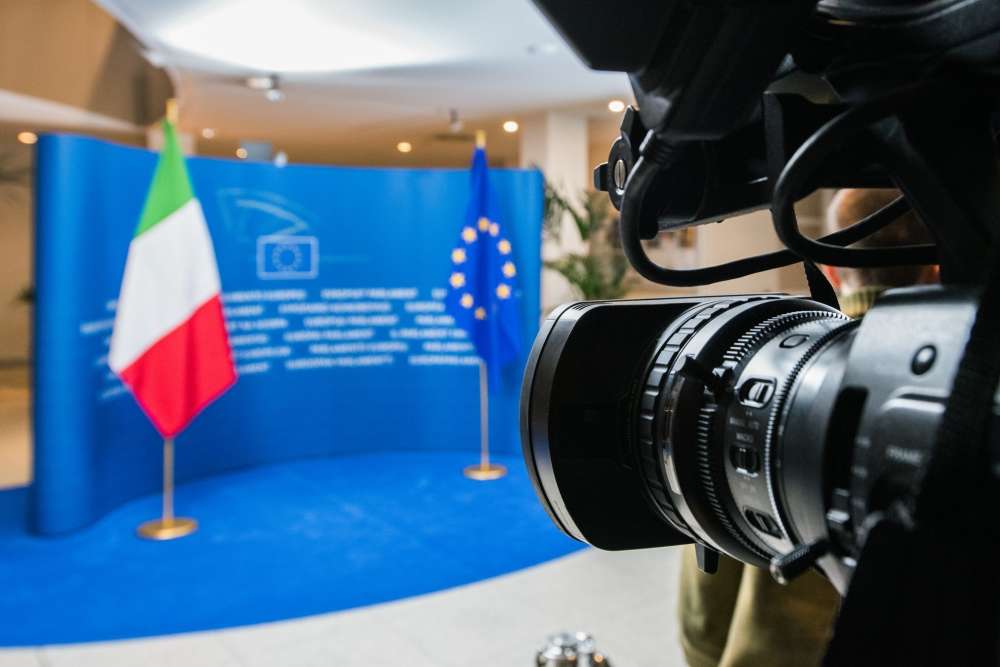Kindred Spirits: How a Post-Brexit Britain and the EU Can Work Together to Strengthen Multilateralism
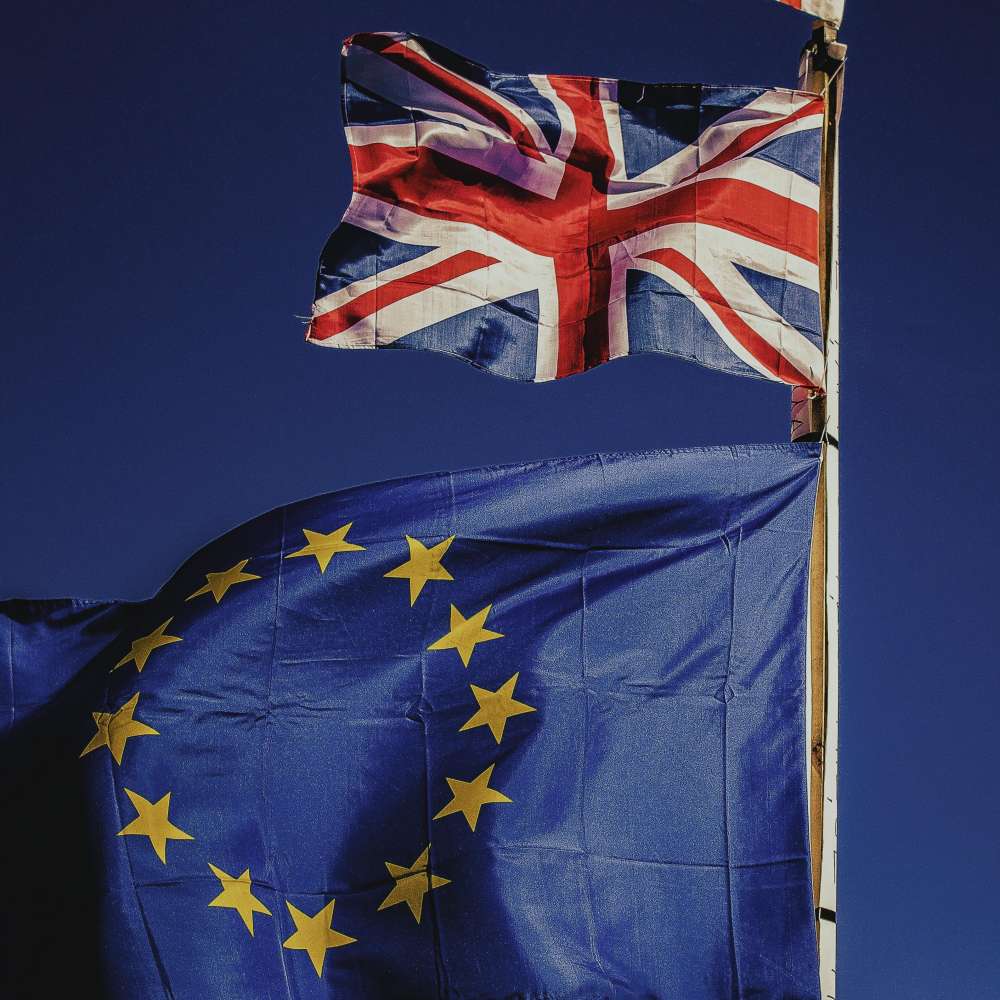
In December 2016, in a speech at Chatham House, then UK Foreign Secretary Boris Johnson talked about the promise of a post-Brexit UK “to be more outward-looking and more engaged with the world than ever before.” [1] He stressed that as “Global Britain, our range is not confined to the immediate European hinterland as we see the rise of new powers.” The past four years have provided a taste that assuming the role of ‘Global Britain’ may not be quite the liberating moment Johnson promised it to be. Much of the UK’s energy has been absorbed by negotiating its economic relationship with the EU while trying to secure favorable trade deals with the rest of the world. The negotiations between Britain and the EU have created little positive energy. And the focus has been too little on what the UK and Europe can do together.
In 2021, the UK and the EU will open a new chapter in their relationship, a chapter that will no longer be dominated by negotiations over a Brexit agreement. That gives the UK and the EU a chance to focus more on what they can do together in order to shape the global order. Here the UK’s and the EU’s outlooks are remarkably similar. For all the cozying up to US President Donald Trump, now UK Prime Minister Boris Johnson never embraced the assault on multilateralism pursued by Trump. With regard to the EU, Johnson peddled the sovereigntist slogan of ‘taking back control’, painting the EU as a threat to British democracy. But Johnson never applied that sovereigntist vision to global agreements. He never raged against the Paris Agreement on climate change, the International Criminal Court or other UN bodies the way his supposed populist kindred spirit in the White House did. And, yes, a post-Brexit Britain will invest a lot in shoring up its bilateral relations with the US, Japan, Australia, Canada and others. But there is a lot that Britain and the EU can do together to strengthen multilateralism where they share a similar analysis of the challenges at hand.
In the ‘Global Britain’ speech, Johnson looked back at the failure of the efforts to ‘globalize’ the liberal international order after the end of the Cold War:
“We stood together, with our west European allies, throughout the cold war and when that cold war ended 26 years ago we hoped that our rules-based liberal order would catch on and embrace the whole world. Alas, that vision has not really come to pass.” Johnson then issued a call to arms to defend international institutions and a warning: “If we fail, then we risk reverting to an older and more brutal system where the strong are free to bully or devour the weak. Where might is always right and the rules and institutions we have so painstakingly built fade away into irrelevance. We cannot allow this to happen.”
This reveals that in fact it is the EU and the UK who are kindred spirits when it comes to multilateralism. Johnson’s thinking matches exactly the thinking of democratic middle powers like many of the EU members (especially Germany). Democratic middle powers have a lot at stake in terms of the health of multilateralism, a lot more at least than great powers that can much more afford a ‘might is right’ attitude – or as German chancellor Merkel put it, rely on the‘rule of the stronger’ (Recht des Stärkeren) instead of the‘rule of law’ (Herrschaft des Rechts). Therefore, they have a strong incentive to invest in multilateral institutions since they generally see them as serving their interests. Middle powers also have significant ability to invest in multilateralism. They can do agenda-setting, start new initiatives, defend rules and laws against attacks, and mobilize support for global public goods.
That is exactly the approach of the Alliance for Multilateralism, a French-German initiative that was born out of the crisis of multilateralism following the election of Donald Trump. [2] It is not a formal alliance, rather a flexible platform to strengthen multilateralism. That pragmatic approach should sit well with the UK. Britain has already supported several of the Alliance’ initiatives, such as the Paris Call for Trust and Security in Cyberspace, Principles for lethal autonomous weapons systems, the Partnership for information and democracy, and the joint position on climate and security. The Alliance for Multilateralism therefore would be a good platform for the UK to flexibly engage with European partners in strengthening multilateralism. The door is very much open for this. The German Government has not made it a secret that it would very much welcome continuing close cooperation with the UK post-Brexit.
The Alliance last met at ministerial level on the occasion of the 75th session of the United Nations General Assembly on 25 September 2020, one year after the presentation of the Alliance for Multilateralism during the UNGA ministerial week in 2019. This latest Alliance meeting brought together 70 participants from across the world at Ministerial level.
The Alliance concentrates on three broad goals:
- To protect, preserve and advance international law and internationally agreed norms, agreements and institutions when they come under pressure or are attacked;
- To reform and to update existing international institutions, in order to make them more representative, agile and effective; and
- To advance multilateral initiatives in new or underregulated areas.
In each of these areas, the UK can make a distinct contribution to advance the work of the Alliance for Multilateralism.
In terms of protecting and defending international norms and law, strong cooperation of democracies is critical. The UK can bring this push to the Alliance, reinforcing the efforts of President Biden who as candidate vowed to convene a ‘Global Summit for Democracy’. The UK has also supported the idea of a‘Democratic 10‘ (D10) made up of the G7 members (including EU) plus Australia, India and South Korea as a format to better coordinate multilateral policies among the world’s strongest democratic economies. This can be a basis of a democratic core of the Alliance for Multilateralism, which the UK can help to strengthen. Especially after shedding ‘Golden Era’ delusions about cooperation with Beijing, the UK can get the Alliance to push back against Beijing’s economic and political coercion and violations of human rights and international law (such as in Hong Kong). Beijing has not paid nearly enough of a political price for its brazen decision to take Canadian citizens Michael Kovrig and Michael Spavor as hostages in order to bully Ottawa into releasing Meng Wanzhou, the daughter of Huawei’s founder, who Canada arrested at the request of the US. There is also too little of a concerted pushback against Beijing’s acts of economic coercion for example against Australia.
With regard to reforming existing international institutions the UK has long advocated strengthening global health governance and can very much add to the Alliance for Multilateralism’s efforts to reform the WHO and to strengthen new public-private ventures such as GAVI and CEPI that have proved crucial in dealing with the corona pandemic. [3] Together with EU members, the UK can convince the US to join the COVAX facility to ensure global access to corona vaccines. The UK can also work with Europe to hold Beijing to its commitment to not use access to corona vaccines as a lever in bilateral relations with poorer countries. At the same time, the UK can also encourage Europe to let go of some overcome privileges such as holding on the IMF’s top job. After Brexit, the European candidate for IMF managing director will unlikely be a UK citizen. Therefore, it is easier for the UK Government to tell Europeans that this sends a fatal message to countries like Argentina, Mexico, South Kora or South Africa; Europeans want to hold on to their privileges as long as possible, and they will fiercely defend them. But the buy-in of these countries that are not traditional members of what used to be the ‘West’ is exactly what is needed for successful coalitions to advance multilateralism.
The work on principles for autonomous lethal weapons and against disinformation that the Alliance for Multilateralism has undertaken is also something the UK can align with. As Boris Johnson stated in 2016: “We work on security with our European friends – and as I have said before, our role is to be a flying buttress, supportive of the EU project, but outside the main body of the church.” In this spirit, in addition to the work of the Alliance for Multilateralism the UK and European partners can also continue the work of the E3 on Iran and other international security matters.
In 2021, the UK will assume the G7 presidency and also host the COP26 climate summit in Glasgow. This gives the post-Brexit UK a chance to leave its mark on the multilateral stage. It will be good for the UK to have EU partners by its side in this endeavor. And it will be good for EU members to be able to count on the UK as a partner in the efforts to strengthen multilateralism.
[1] Rt Hon Boris Johnson MP, Global Britain: UK Foreign Policy in the Era of Brexit, Chatham House, December 2016, https://www.chathamhouse.org/s…
[2] Alliance for Multilateralism – see: https://multilateralism.org/
[3] GAVI: The Vaccine Alliance – see: https://www.gavi.org/; CEPI – see: https://cepi.net/
This commentary was originally published by The Foreign Policy Centre on December 16, 2020.

